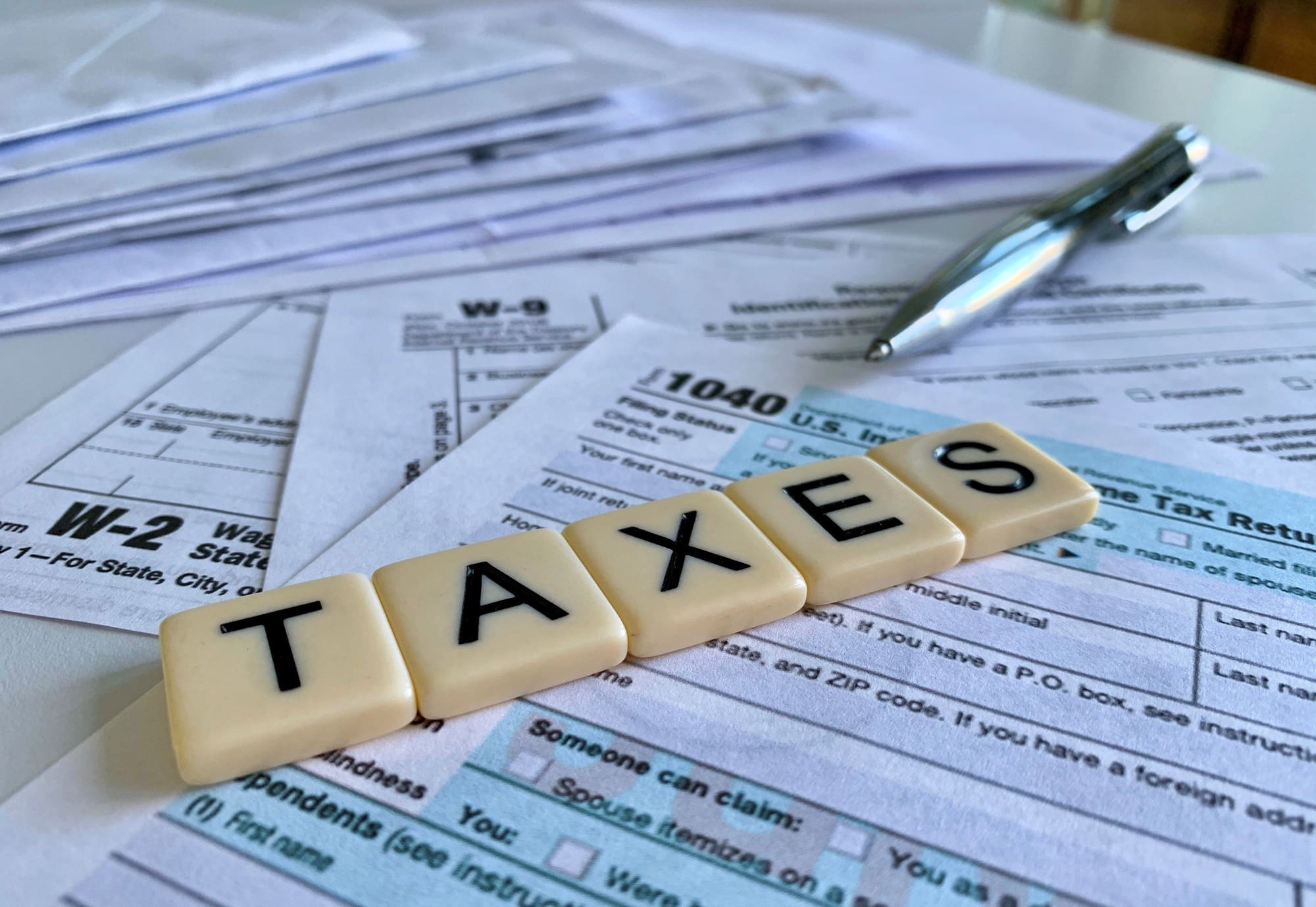During the financial downturn in 2008, a taxpayer had no option but to take out a buy-to-let mortgage to support his continued ownership of a property as no other type of finance was available to him. Contrary to the lender’s stipulation that he could not occupy the property himself, the taxpayer started occupying the property with the intention of making it a home for himself, his partner and their children. However, his fragile mental health left him unable to cope with living in the property and he decided to sell after a few weeks of residence.
Taking these background circumstances into account, the tribunal judge held that he was entitled to claim principal private residence relief from capital gains tax.
Referring to the earlier tribunal case Goodwin v Curtis [1998] STC 475, mere occupation could become occupation as a residence if there was some assumption of permanence, continuity, or some expectation of continuity. It was the quality of the occupation and the taxpayer’s intentions while occupying that were important rather than the overall length of occupation.
Although decided on its particular facts, this case demonstrates that, where there is an intention to occupy a property as a residence for a continuous period, it is still possible to claim PPR for CGT in relation to a very short period of occupation if an early sale becomes necessary due to circumstances beyond the taxpayer’s control. It is also significant that the tribunal judge was willing to accept the taxpayer’s oral evidence about his mental health issues even though this was not supported by formal medical evidence.
Bailey v HMRC [2017] UKFTT 0658 (TC) is found at – https://bit.ly/2wTeWss


